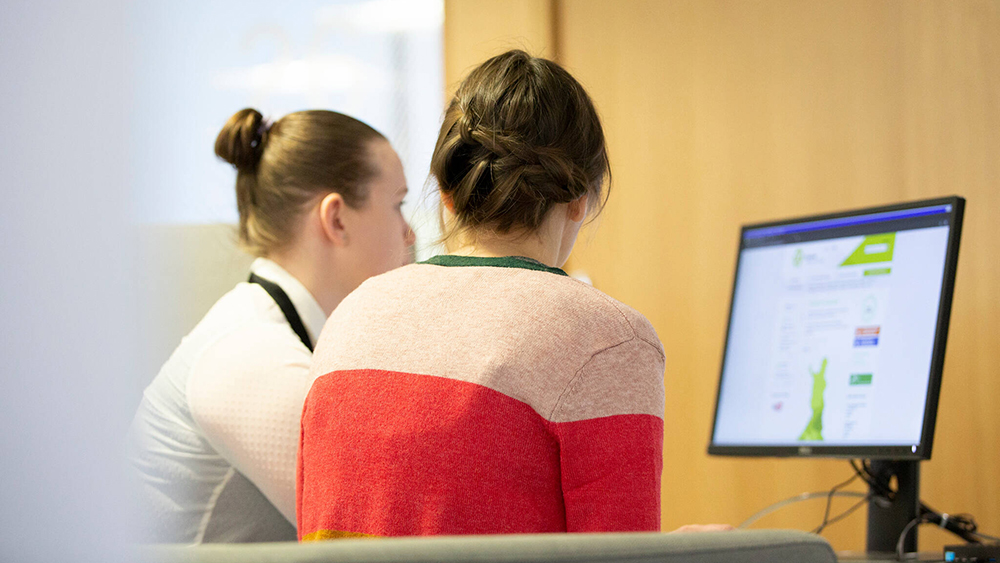Strategy: Lifelong guidance to support people on educational and career paths

The Strategy for Lifelong Guidance aims to improve people’s abilities to make educational and career decisions for themselves and to ensure that they receive the necessary support through multi-channel information, advice and guidance services. The strategy drawn up by the Lifelong Guidance Forum presents strategic objectives for the development of guidance and recommends measures extending to 2023.
Lifelong guidance is one of the key tools for supporting individuals and society in the transformation of the world of work and competences. Lifelong guidance covers activities and services that enable people of different ages, at any stage of their lives, to:
- recognise their skills and mirror them with not only the opportunities and needs of the labour market, but also the opportunities to develop their competence
- make meaningful plans and decisions relating to education and career paths, for example.
There are many information, advice and guidance services related to education and working life available in Finland, which can, in principle, be accessed by anyone. In practice, however, these services do not reach all. People in working age usually only receive guidance when they become unemployed.
The diversity of actors and services makes it difficult to develop guidance as a whole. Both digital and administrative solutions are needed to make services a meaningful entity for a lifelong learner.
Opportunities to make decisions on education and career in changing working life
Based on the Strategy for Lifelong Guidance, over the government term of 2020–2023, measures will be taken to make guidance more readily available, strengthen lifelong career management skills and make it easier to identify, acquire and plan careers in the world of work. The aim is to create a well-functioning digital service for continuous learning that makes better use of shared information on education, the labour market and competence.
Multidisciplinary cooperation between different administrative branches will be improved. In order to coordinate the development of guidance, a permanent national structure will be created, which will support national, regional and local actors and gather information supporting the development of guidance.
The quality of services will be improved by assessing the educational needs of those involved in guidance work to ensure they have the skills to perform well in their work.
Strategy for Lifelong Guidance supports the reform of continuous learning
The Strategy for Lifelong Guidance is linked to the ongoing reform of continuous learning, which is included in the Government Programme. The reform aims to alleviate skills shortages and to improve upskilling opportunities for working age people. The policies prepared by the parliamentary group will be published at the end of December 2020. Their recommendations on the development of guidance will be based on the Strategy for Lifelong Guidance.
The strategy is also linked to the Government’s objective of raising the employment target, extending compulsory education and developing work and related wellbeing.
The Strategy for Lifelong Guidance was prepared by the Lifelong Guidance Forum and its Secretariat, which were appointed by the Ministry of Economic Affairs and Employment and the Ministry of Education and Culture in May 2020. The strategy will be submitted to the ministers responsible for employment and skills, after which the Lifelong Guidance Forum and its Secretariat will draft an action plan to implement and fund the proposals in the strategy. The Forum will also regularly monitor the implementation of the strategy and will ensure that strategic objectives for lifelong guidance are also set for the next government term. The previous Strategy for Lifelong Guidance was adopted in 2011.
Inquiries:
Anna Toni, Senior Specialist, Ministry of Economic Affairs and Employment, tel. +358 295 047 209
Ulla-Jill Karlsson, Ministerial Adviser, Ministry of Education and Culture, tel. +358 295 330 141

